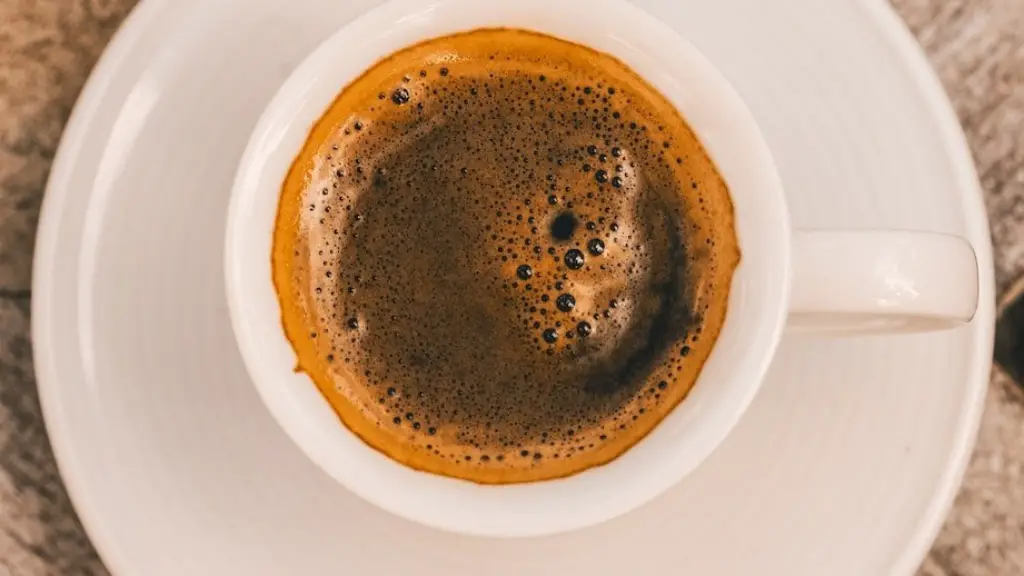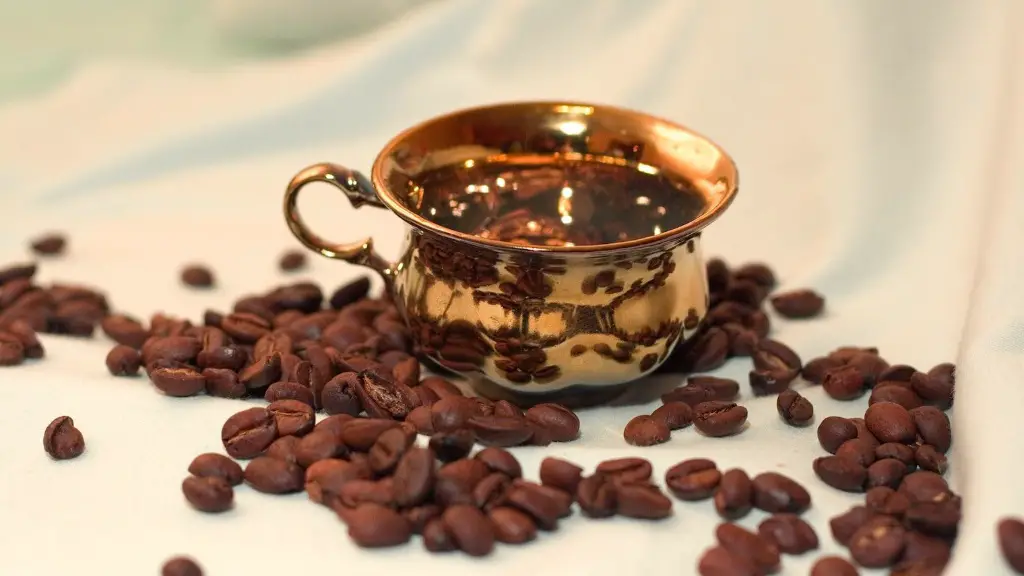Understanding Coffee on a Keto Diet
A keto diet is one of the most popular modern diets, especially amongst those looking to lose weight. It essentially involves eating foods low in carbohydrates and high in fat, so as to burn fat instead of carbs for fuel. So, what does this mean for those who love to start their day with a cup of coffee? Actually, there’s a lot you can do to ensure your coffee is compliant with your keto diet.
The two most important components of a keto-friendly cup of coffee are fat and low-sugar milk or milk alternatives. It is best to begin with a black cup of joe if you’re looking to keep your coffee simple and just want to quickly boost your energy levels. If you want something a bit creamier and more complex, low-sugar milk alternatives like almond milk, cashew milk and unsweetened coconut milk are all great options. These milk alternatives still provide the creamy, nutty taste that regular milk does, but without throwing off the balance between fats and carbs. Plus, they are a great source of healthy fats, while avoiding making the coffee overly sweet.
Another great option for making your morning cup of coffee keto-friendly is to add whatever kind of butter, coconut oil, or MCT oil you like. These can be melted and stirred into the coffee directly, which gives it a rich and creamy taste while providing a much-needed boost of energy from ketogenic fats. This can replace creamers and sugars typically added to coffee, which can contain added sugars and other things that could be a bit too high in carbohydrates for a keto diet.
Finally, those looking for a sweet and spicy addition to their coffee can top it off with a sprinkle of cinnamon or nutmeg for that classic and comforting flavor. Not only is this a great way to give your cup of coffee a nutritious edge, but it can also help you avoid an artificial and highly processed sweetener which would be off-limits if you are trying to stay keto.
Types of Coffee Beans on a Keto Diet
When it comes to picking coffee beans for your keto-approved coffee, it’s best to look for those that are made with 100% Arabica beans. These beans are milder in taste and acidity and tend to yield a smoother and more pleasant cup of coffee. You should also avoid coffee beans containing Robusta beans, as these tend to be a bit more bitter and are generally high in caffeine. The same goes for flavored coffee beans, which can contain added sugars or artificial sweeteners that can significantly raise the carb content. Finally, be sure to check the nutritional facts of the beans. Some coffee beans have added syrups and sugars, which are best to be avoided when trying to stay keto.
Brewing Coffee on a Keto Diet
When it comes to brewing a cup of coffee that is compliant with the ketogenic diet, there are a few tips and tricks to be aware of. French press and cold brew coffee makers can generally be used to brew your coffee, although it is important to remember that French press coffee can end up being a bit more acidic if it is left to steep for too long. Additionally, the cold brew method requires coffee to be soaked in cold water for 12 to 24 hours before brewing, making it (as the name implies) a much longer process, but yielding a much smoother and sweeter cup of coffee. Needless to say, this method of brewing coffee is definitely worth the extra effort!
Treating Coffee on a Keto Diet
When it comes to treating your coffee on a keto diet, it is important to remember that adding too much sugar can easily knock you out of ketosis. Artificial sweeteners like aspartame, acesulfame K, and sucralose, are all keto-friendly, but they can also be hard to digest and leave a bitter aftertaste. Furthermore, sugar-free dairy creamers are an easy way to make your cup of coffee creamy and satisfying, but they can contain hidden carbs, so be sure to check the ingredient list carefully.
Finally, one keto- compliant way to sweeten your coffee is with zero-calorie, zero-carb monk fruit extract, which is made to enhance sweetness without any of the drawbacks of other artificial sweeteners. Additionally, monk fruit extract is a natural sweetener made from the extract of monk fruit, and some brands even contain added vitamins and antioxidants. This natural sweetener is a great alternative to sugar when it comes to a keto-friendly cup of coffee.
Benefits of Coffee on a Keto Diet
Coffee can have a number of benefits to those on a keto diet, as long as it is prepared properly. Firstly, the caffeine in coffee can help boost your metabolism, potentially speeding up the fat-burning process. Additionally, coffee can help reduce inflammation and assist with mental clarity, something that can be especially helpful for those just starting out on the keto diet. Furthermore, coffee can also help make you feel fuller for longer periods of time, meaning you may be less likely to break ketosis with a snack between meals.
Health Risks of Coffee on a Keto Diet
Although coffee can be incredibly beneficial for those on a keto diet, it is important to remember that too much of it can also have a negative effect. Caffeine can interfere with sleep and increase heart rate, so it is important to be mindful of how much coffee you are drinking. Additionally, adding too much sugar, creamers, or butter can throw off the ratio of healthy fats to carbohydrates in the keto diet, so it is necessary to be mindful of what you are adding to your coffee to ensure that your keto diet is not compromised.
Alternatives to Coffee on a Keto Diet
Although coffee can be a great go-to morning drink for those on a keto diet, it is important to note that there are also some other alternatives. These include matcha, which is a powdered form of green tea, and bulletproof tea, which is a combination of herbal tea and various oils and fats. Additionally, there are a number of keto-friendly smoothies that contain coffee, and for those looking for a coffee-like beverage without all of the caffeine there is Dandy Blend, a coffee-alternative made from the combination of several roots, grains, and coffee.
Conclusion
When it comes to coffee and the keto diet, it is all about being aware of the ingredients and making sure that they fit within the parameters of the keto diet. Generally, black coffee is the best option because it is free of added sugars, but if you’re looking for something a bit more complex, there are plenty of low-sugar milk alternatives and other keto-friendly ingredients to make your morning cup of joe delicious and nourishing. Finally, if you’re looking to switch things up, there are a number of alternatives to coffee that can provide an abundance of health benefits.



